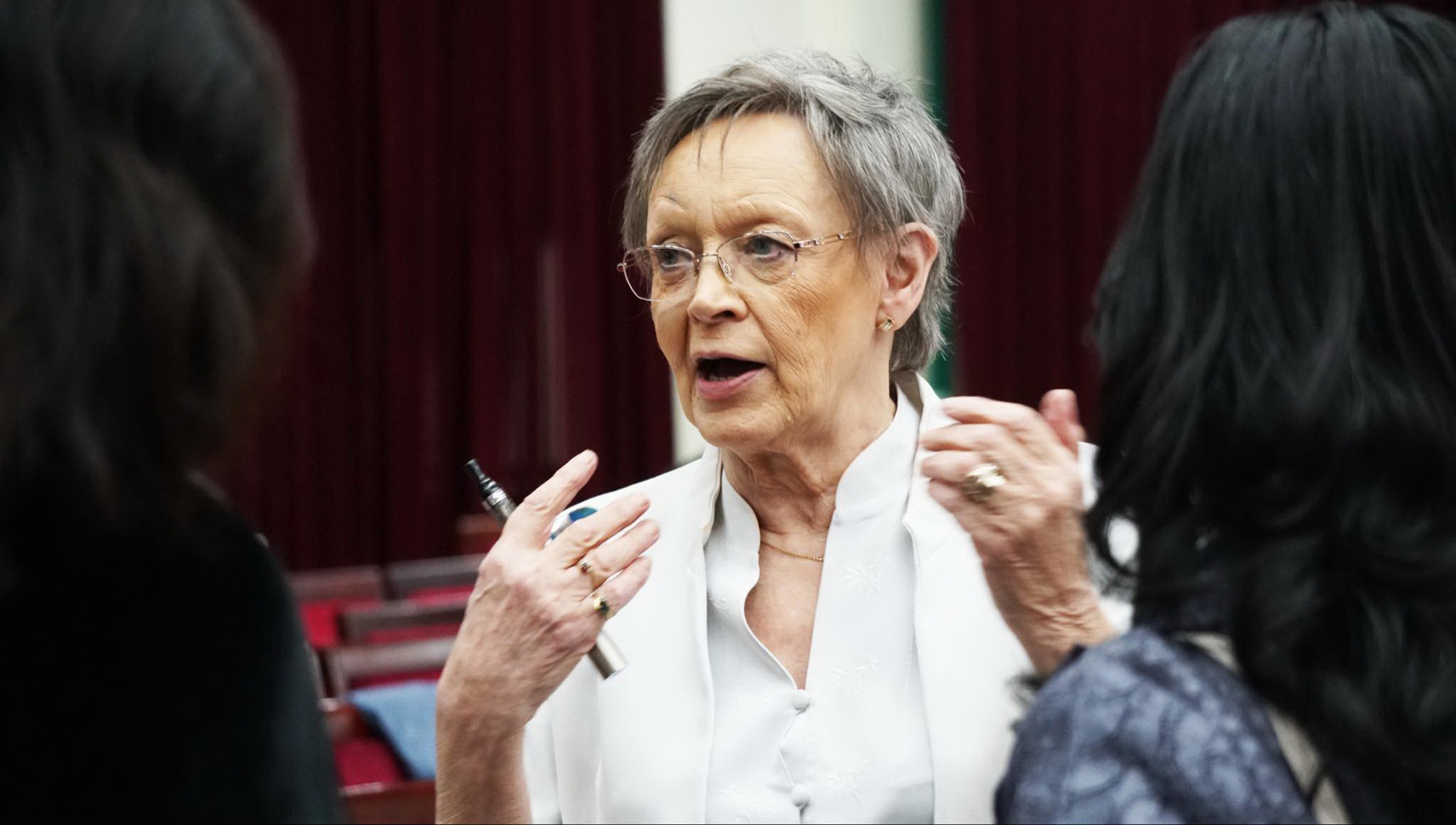Editor’s note: In 1983, French Professor Françoise Barré-Sinoussi, a co-discoverer of HIV, the virus which causes AIDS, was honored with the Nobel Prize in Physiology or Medicine. She first visited Vietnam in 1988, and over the past 35 years, she has returned to the Southeast Asian country more than 20 times to contribute to HIV prevention efforts.
On November 14, Vietnamese Prime Minister Pham Minh Chinh hosted the professor in Hanoi to discuss and explore collaboration between France and Vietnam in the realms of HIV, tuberculosis, hepatitis, and prevention of emerging infectious diseases.
During her visit, she engaged in a conversation with Tuoi Tre (Youth) newspaper regarding HIV prevention in Vietnam.
First collaboration
Reflecting on her first visit to Vietnam in 1988, Professor Francoise Barré-Sinoussi noted that the country was not yet open to the world at that time.
Upon returning in the early 1990s, she found Vietnam unrecognizable, prompting her team to initiate collaboration.
During this period, a challenging time unfolded in Ho Chi Minh City as an epidemic emerged among intravenous drug users.
Together with the Pasteur Institute in Ho Chi Minh City, the professor and her team isssued a warning about HIV’s presence in Vietnam.
The team then conducted a small study on intravenous drug users, contemplating the difficulty of treating the condition.
The very first and big obstacles at that time were ethical issues.
While they were confident in their ability to introduce antiretroviral treatment to Vietnam, ethical concerns compelled them to suspend the research.
Barré-Sinoussi recalled a conversation with the head of Vietnam’s AIDS program at that time, expressing their inability to continue working with intravenous drug users but proposing collaboration on other projects, such as tuberculosis in HIV patients.
The official responded, “Once we are ready and there are no more moral barriers, what I will do is come to you.”
In 2008, just before Barré-Sinoussi received the Nobel Prize, that official reached out, stating Vietnam was ready.
This marked the beginning of Vietnam’s methadone treatment program for HIV patients.
Barré-Sinoussi commended Vietnam’s development, noting the journey from a challenging situation to the current state where HIV elimination in intravenous drug users is achievable -- a model for other regions in Vietnam and beyond.
Goals for Vietnam
On the challenges in HIV/AIDS prevention in Vietnam, following her work in the country, Barré-Sinoussi observed that significant improvements are necessary.
According to the professor, while it is evident that Vietnam is making strides in addressing intravenous drug users, there are still population groups, such as men who have sex with men (MSM), with alarmingly high rates of HIV infection.
Hence, it is imperative that Vietnam concentrate on implementing measures to prevent and treat HIV among MSM.
One of the future goals for Vietnam should be enhancing access to pre-exposure prophylaxis (PrEP) for MSM, she suggested.
In addition, the professor highlighted Vietnam’s notable success in skillful intervention negotiation.
This achievement is particularly evident in the differentiated interventions tailored for both MSM and transgender individuals, making the interventions highly specific.
Data has revealed that integrating testing into community campaigns focused on MSM has significantly improved testing accessibility and made it free.
This approach ensures that most individuals, unaware of their positive status, can easily access testing.
Once testing identifies positive cases, the implementation of treatment and PrEP for HIV-negative individuals follows.
Therefore, understanding the need for targeted measures for specific communities is crucial, Barré-Sinoussi emphasized.
Finally, she underscored the significance of anti-stigma measures against people living with HIV.
Like us on Facebook or follow us on Twitter to get the latest news about Vietnam!



















































